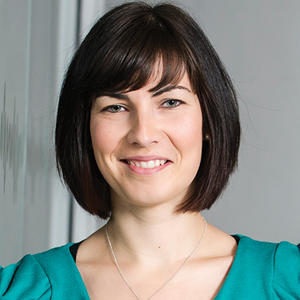
Professor Caroline Sturdy Colls
Professor Of Conflict Archaeology
Prof. Sturdy Colls' pioneering research focuses on the application of interdisciplinary approaches to the investigation of Holocaust landscapes. Caroline is the Course Leader for the Forensic Archaeology masters.
Caroline's profile